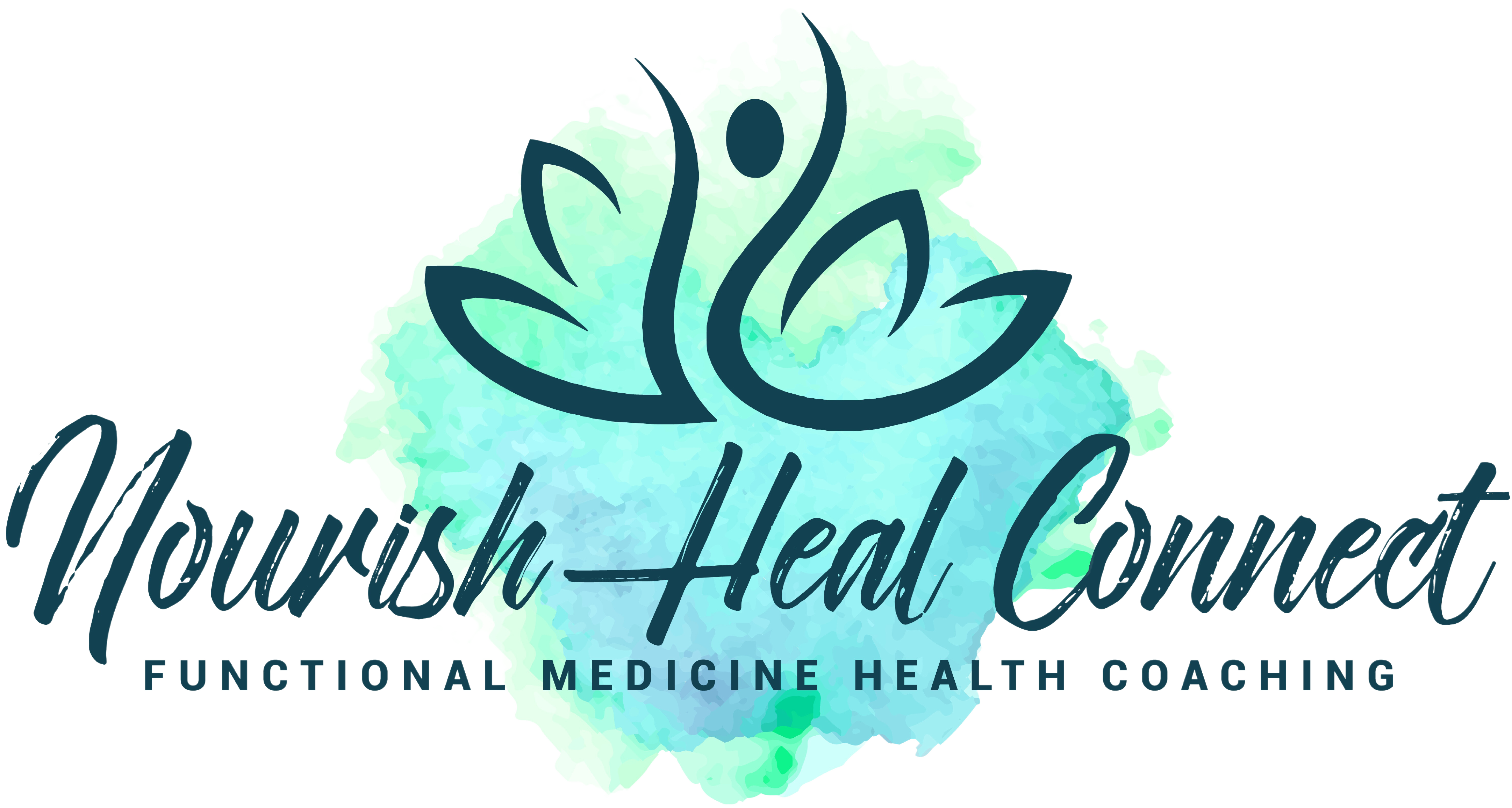RESILIENCE – getting comfortable with uncertainty
“I’m not afraid of storms, for I am learning how to sail my ship”
— Louisa May Alcott

All of us are trying to navigate through difficult times. The unfortunate truth is that unlike many other situations, we really do not know how long COVID-19 will keep the world in its grip. Some of us are more fortunate than others and will have less pain than those who are much more vulnerable since they come from economically weaker sections of society. But either way, no one is going to come out on the other side completely untouched. What we have perceived to be “normal” before COVID-19 will most likely change forever, but none of us is sure exactly how.
Getting comfortable with uncertainty
Many of us are asking ourselves these questions right now…
Will I ever recover from this?
How long will it take me?
How can I help myself cope with this better?
No one really has the answer to these questions. No one. Unfortunately, we need to learn to become comfortable with living with this kind of uncertainty right now.
Tapping into our inner reserves of resilience
In this kind of a scenario, the people who will be in a position to handle this crisis better are the ones who can tap into inner reserves and are able to bring a sense of calm and balance into their lives. These are people who can rise to the challenges and respond to the stressor without feeling inadequate and overwhelmed.
In a word, those who are RESILIENT.
Learning to become more resilient requires us to learn how to remain grounded in the face of adversities like the COVID-19 pandemic.
Research now shows that our brain can be consciously rewired so that we become more resilient to future events. We know that due to neuroplasticity, we can train our brains for the better just like we would do a muscle. Infact, due to evolution, your brain already has all the capacities that you need to develop and strengthen your resilience, you simply need to know how.

“What lies behind us and what lies before us are tiny matters compared to what lies within us.”
-Ralph Waldo Emerson
The question then is not whether you can cope with the adversities that come your way, but rather how do you tap into the resources that will help you to cope with them effectively. Developing resilience is a personal journey that takes practise like any other skill. It is important to develop thoughts, behaviours and actions that allow you to bounce back and understand what works for you. Research also shows that the two most effective practices that help us choose new experiences and rewire and reshape our brains are mindfulness and self compassion.
Unfortunately for many of us, instead of tuning into our emotions and how we are feeling at the time, we do anything and everything to avoid feeling pain. And when we do that, we often get hijacked by the way our feelings filter our perceptions and our emotions guide (or rather misguide) our responses to our experiences. All this usually happens at a level that is below our radar of consciousness and undermines our confidence and our ability to bounce back from life’s challenges.
Mindfulness and self compassion
Mindfulness allows us to develop a moment to moment awareness that helps us become free to choose how we respond to painful situations in a kind, curious and non judgemental manner.
Self compassion is a wholesome combination of acceptance and connection- both to ourselves and others.
Using mindfulness ALONG with self compassion helps us to reshape our brains and guide it in a positive direction.
(You can read my earlier post on a related topic of self acceptance at “How self acceptance can compensate for being ‘NEVER ENOUGH” )
Resilience in fact requires flexibility, mental suppleness and being open and vulnerable so that we can access the broken and dark places deep inside us. It requires that we really see ourselves- our hurt and pain, thoughts and feelings, our beauty and longings, wounds, mistakes and regrets and make space for them so that we can hold them all with compassion, curiosity and love.
As we practice doing this, we find that it leads to increased self awareness, bring clarity in seeing how we can CHOOSE to react to a situation, respond in a more effective manner and face the prospect of change in a much more open manner. It helps us to engage with our feelings and get curious about what emotions we are experiencing and how they are connected to our thoughts and behaviours.
As Roger Miller had said so aptly,
“Some people walk in the rain. Others just get wet.”
